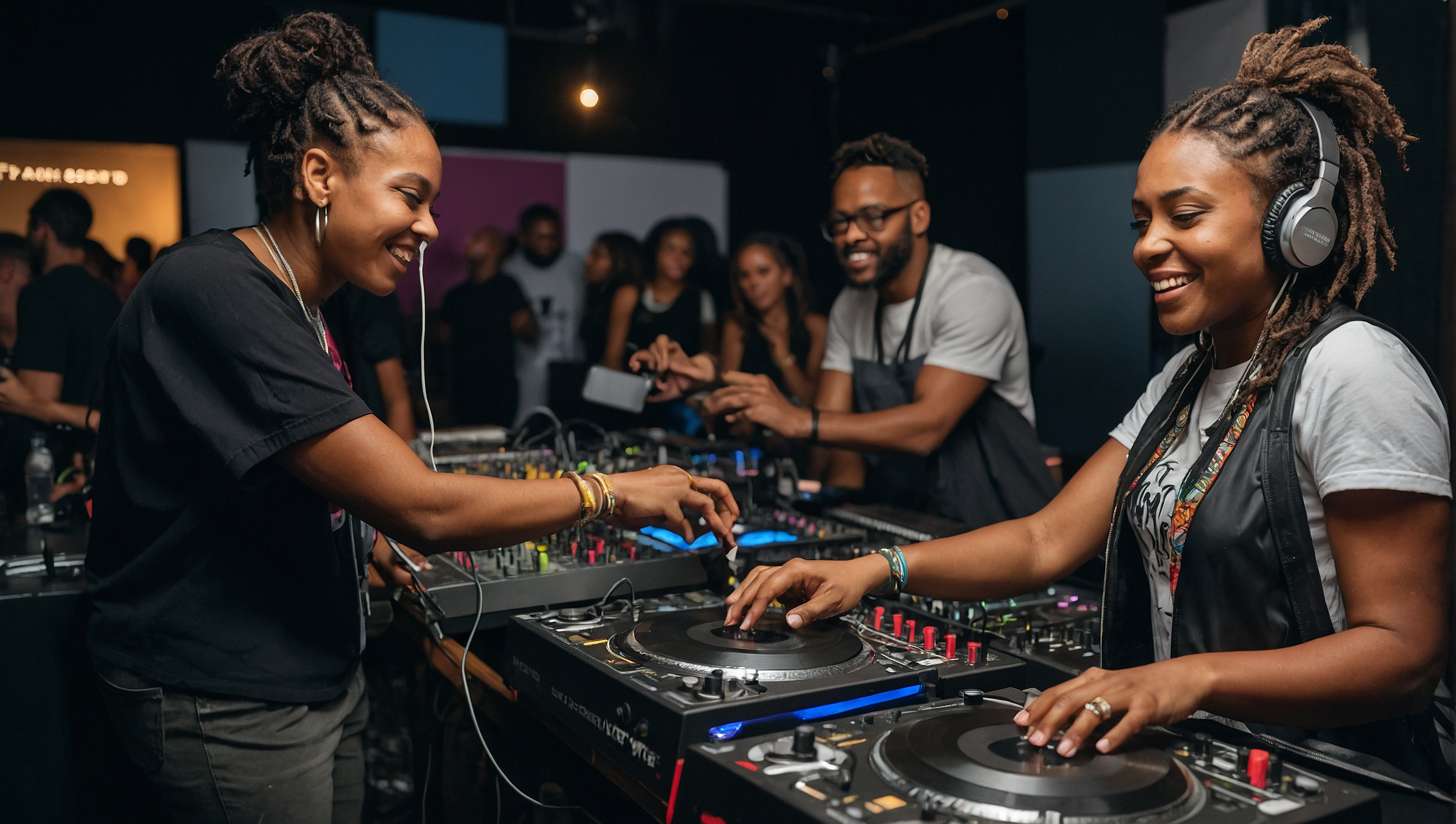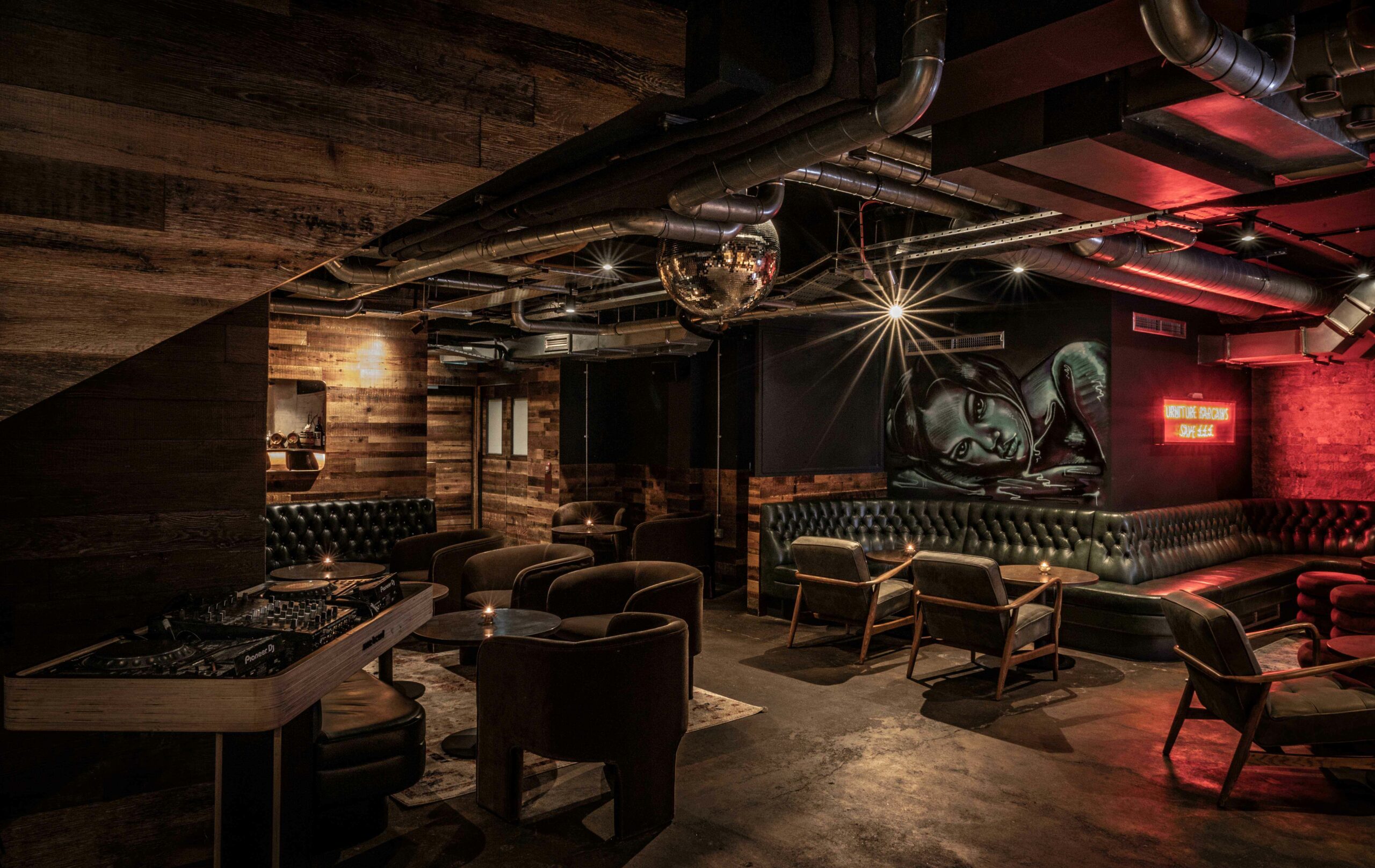Sound Design Studio
At Angelo Calvi & Partners Ltd, we believe that sound design is the heartbeat of any creative project. Whether it’s crafting an unforgettable audio identity, enhancing visual storytelling, or delivering professional-grade soundscapes, we bring your ideas to life with the expertise of internationally renowned professionals. With over 40 years of experience, including my career as Misterflip, a DJ and producer who has performed in clubs worldwide, we are your ultimate partner for premium sound design.
Why Choose Angelo Calvi & Partners Ltd?
World-Class Expertise: With a network of internationally acclaimed sound designers and my own global experience as a DJ/producer, you’re in the best possible hands.
Tailored to Your Needs: We work closely with you to understand your project’s vision, creating sound that aligns perfectly with your goals.
Industry-Leading Quality: We use the latest tools and techniques to ensure flawless audio for every project.
Affordability Without Compromise: Designed for small and medium businesses, our pricing makes world-class sound design accessible without sacrificing quality.
Passion and Dedication: Sound is not just what we do; it’s who we are. Every project, big or small, receives our undivided attention and creative passion.









Let’s Create the Perfect Soundtrack for Your Success
Whether it’s building your brand’s sonic identity, enhancing your media projects, or delivering unforgettable live sound, Angelo Calvi & Partners Ltd is your go-to partner. Call or WhatsApp us at +44 07873952434, or email us at marketing@sw6d.co.uk to start the conversation.
With Angelo Calvi & Partners Ltd, your ideas will sound as exceptional as they deserve. Let’s bring your vision to life, one note at a time! 🎵

